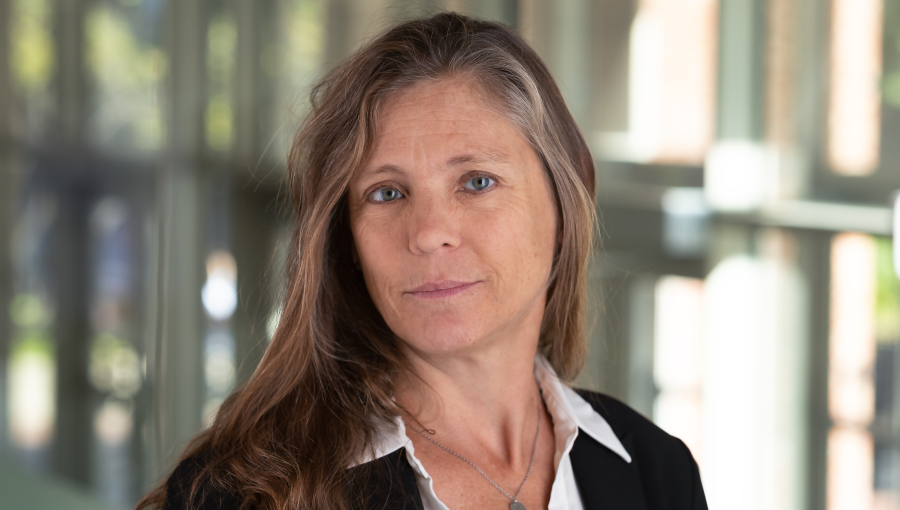Contemporary Domestic and Foreign Policies of Iran:JCU Hosts Online Book Presentation
John Cabot University’s Guarini Institute for Public Affairs hosted an online presentation of former JCU Professor Pejman Abdolmohammadi and Giampiero Cama’s book Contemporary Domestic and Foreign Policies of Iran (Palgrave Macmillan, 2020) on September 23.
Contemporary Domestic and Foreign Policies of Iran is a comprehensive analysis of the domestic and foreign politics of the country, focusing on Iran’s complex nature from political, social, and cultural perspectives. The book has a multidisciplinary approach and combines comparative politics and intellectual and modern history with international relations. Abdolmohammadi and Cama analyze the institutional structure of the Islamic Republic of Iran, the main political and social actors and alliances, and the Iranian opposition forces both inside and outside the country.
Overview of Iran’s history
The First Persian Empire was founded in the 6th century BC by Cyrus the Great, who turned it into the largest empire of the time. Various dynasties ruled the empire over the centuries, until the Pahlavi dynasty, who was the last one, took power in 1925. In 1935, the official name of the country was changed from Persia to Iran. Following the 1979 Revolution, the Pahlavi dynasty collapsed and the Shah Mohammad Reza Pahlavi was forced into exile. After the revolution, the religious leader Ayatollah Khomeini, also known as Supreme Leader of Iran, took power and declared The Islamic Republic of Iran.
Iran’s hybrid regime
The authors define Iran is a hybrid system, which is both authoritarian and democratic. The presence of both democratic procedures, such as elections and the existence of more than one political party, and authoritarian aspects such as the limitation of political liberties and the repression of the opposition are an example of the Islamic Republic’s hybrid nature. Another example is the coexistence of the religious and secular aspects, represented by the Supreme Leader, and the President and Parliament respectively.
“The coexistence between Islamic and republican principles has acted as a safety valve. By introducing elements of Islamic authoritarianism on the one hand, and some representative para-democratic practices on the other, the Islamic Republic has been able to create and maintain a particular political system which is capable of releasing political pressure,” explains the book. However, this hybrid identity has also negative effects on the Islamic Republic because it makes it unstable.
Tradition and modernity
The authors highlight a continuous confrontation and competition between tradition and modernity, focusing on culture, economy and politics, which have not always been in harmony with each other. They argue that there is a legitimacy crisis and they talk about the emergence of what they call the “Iranian Renaissance,” a term that they use to indicate the new generation’s desire for political and social change, while still being very nationalistic and religious.
The Iranian Renaissance is not only inspired by Western values, but also by Iran’s rich history and past. Historical figures like Cyrus the Great, who is remembered for his achievements in human rights, politics, and military strategy, or Darius the Great, the third king of the Persian Empire, who ruled it at its peak and divided it into provinces are becoming increasing popular among Iranians.
Abdolmohammadi and Cama also talk about “velvet opposition,” a term that they coined to indicate some people’s desire to reform the Islamic Republic, while still supporting some of its values. They point out that many intellectuals who go abroad criticize some aspects of the regime, but they also defend the Islamic Republic because they believe that without it the country would be at a higher risk of sectarianism and wars.
Iran’s foreign policy
In terms of foreign policy, the authors touched on the country’s relations with the Gulf countries, and with Western powers/global players as well. 2003 and 2017 are two dates that they consider important. Before 2003, the “Political Islam” was at the core of Iran’s ideology, but then the country started focusing on the sectarian idea of Islam and using the Shia doctrine as its main political instrument. This shift allowed Iran to expand its influence to all the Persian Gulf and all the way to the Mediterranean, and to strengthen its diplomatic relations with the West. Between 2015 and 2017, many neighboring countries were worried about Iran’s increasing influence, but after 2017 things started to change. As countries such as the US made alliances with other Gulf countries and placed sanctions on Iran, its influence started to decrease and its status as leading Shia country started to dwindle.
The event was moderated by Farian Sabahi, an historian specialized in the Middle East, with a background in Economics and Business, and lecturer at the Università della Valle d’Aosta and the Università degli Studi dell’Insubria (Varese, Italy).
Panelists included Siavush Randjbar-Daemi (Lecturer in Modern Middle Eastern History at the University of St. Andrews), Michael Driessen (Political Science Professor at JCU), Pamela Harris (Professor of Law and Associate Dean of Academic Affairs at JCU), Viviana Mazza (writer and journalist at Corriere della Sera) and Amy Rosenthal (journalist).
The authors
Pejman Abdolmohammadi (Ph.D.) is a Senior Assistant Professor of Middle Eastern Studies at the School of International Studies, University of Trento, Italy. He is also a Senior Advisor in international trade and development with a special focus on the Middle East international relations and political affairs. Iran’s political affairs and post-sanctions international trade and investment has been central to Abdolmohammadi’s research and advisory work where he has advised a wide-range of international companies, European governments and financial institutions on their trade and investment risk analysis of doing business with Iran.
Giampiero Cama (Ph.D.) is Professor of Political science and International Relations at the University of Genova. His research interests are “discoursive democracy,” the comparative study of political institutions, financial markets’ effects on domestic and foreign politics, and hybrid regimes.






